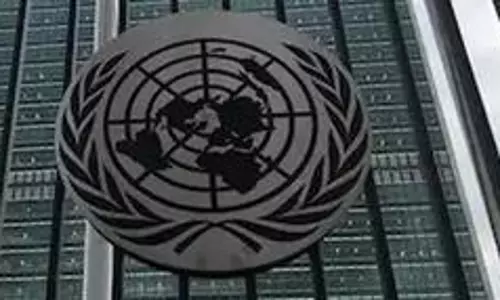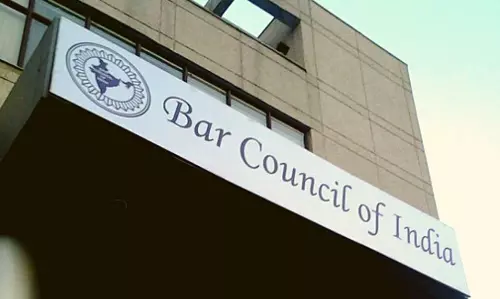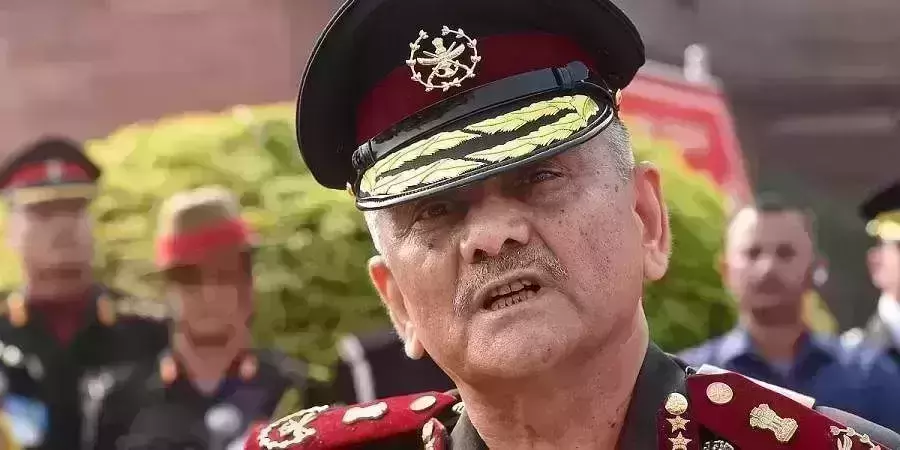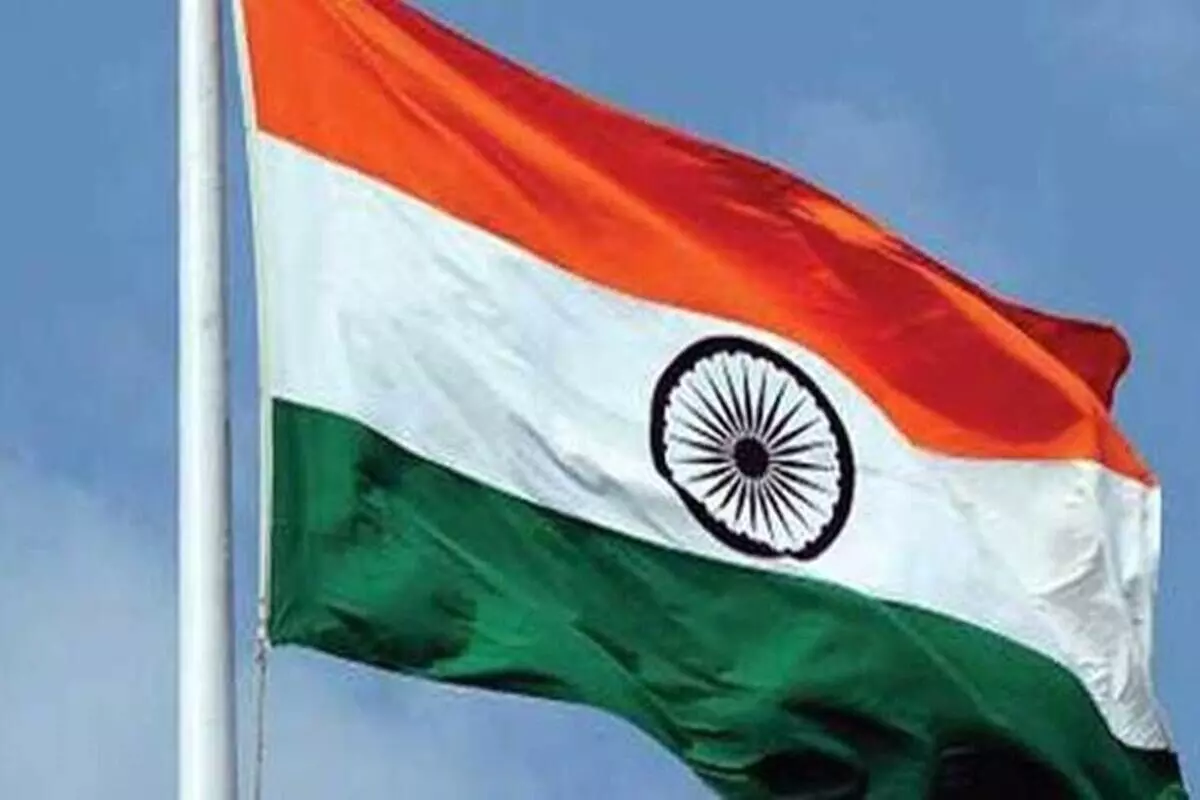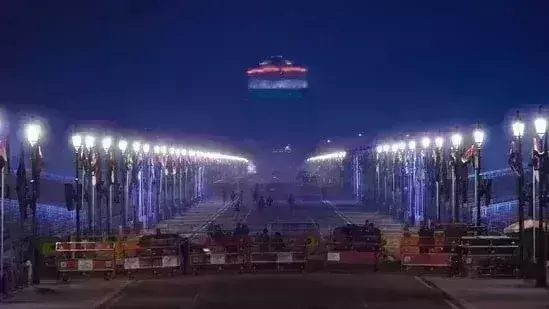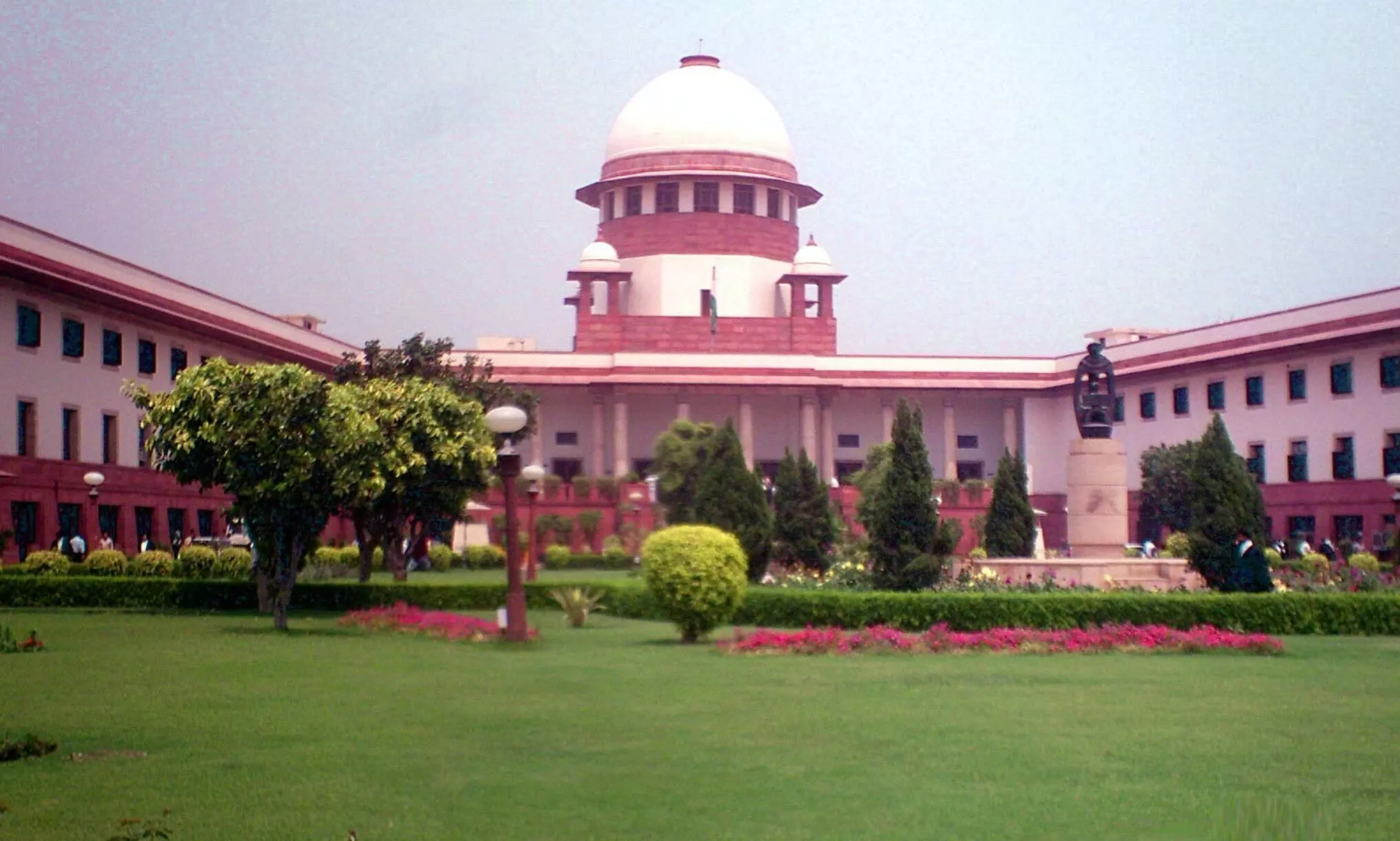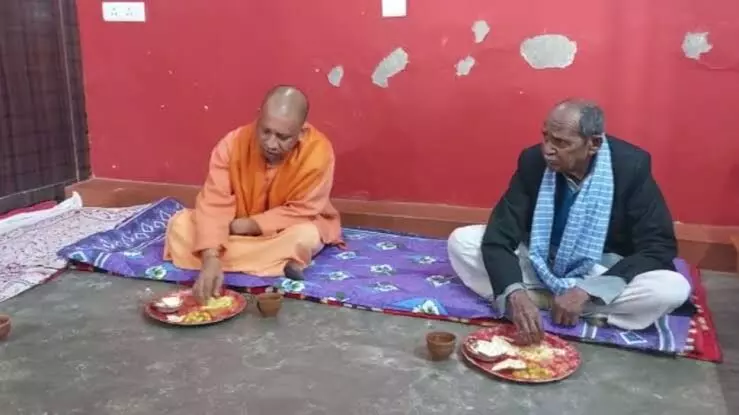
Casteism in the Republic
text_fieldsToday marks the 73rd anniversary of the declaration that transformed India into a democratic republic, 75 years after independence. Not only has it shown that a population of 135 crores can live as one single nation beyond borders of religion, caste or language, it is a matter of pride that India has come a long way in the path of growth and development and has become the second largest power in Asia. 17 Parliamentary elections were held freely on the basis of adult suffrage and the parties were given the opportunity to govern separately and collectively. The fact that the military has never been able to get out of the barracks and intervene politically is a fact that the world is watching with admiration. These achievements are unmatched by any other Asian-African country that has gained independence alongside us or before. Two years after India's independence, China successfully launched the Communist Revolution, and today is considered the number one power in Asia and the world's second or third largest economy. Even as China claims working class supremacy, it cannot be ignored that the people are under an iron fist with no freedom for workers to even organize or lead agitations.
The question that is more pertinent than ever is whether India is moving in the right direction in consonance with the values of secularism as enshrined in the Constitution of our declared "secular, democratic, socialist" country. While the essence of the Constitution is that there should be no discrimination between citizens on the basis of religion, caste, language or wealth as per the document, that gender equality must prevail and that economic inequalities must end, then even the judiciary is forced to be a silent spectator of each of these principles being blatantly violated. Independent India has a background where the people who are destined to protect the four-caste stratification even as a religious obligation are divided into thousands of castes.
But neither the secular parties nor the parties rejecting secularism have been able to change it in the light of constitutional principles. It is a sight to behold, where the sinews of caste are penetrating deeper in social life. In Uttar Pradesh, the largest state in the country and is all set to go to the polls in a matter of days, casteism is ruling the roost. Even the so-called "upper castes" who should be standing together have gone divided as Brahmins and Kshatriyas to fight for power. Although the present Chief Minister is a staunch Hindutva supporter, the Brahmins have a strong grievance that they have been neglected during his rule. As for the backward communities, they are worried that if they do not defeat the forward caste hegemony together, everything will fall apart. The Dalits, who have come to realise that they are the weakest in this equation, have also organized and entered the fray on their own. Yogi Adityanath's formula for finding a way out of this vicious circle to retain power is to propagate that the struggle between 80% and 20% is taking place in the state. It is the responsibility of all secular parties to defeat Yogi's tactic of mobilizing the majority community against the 20% Muslims, but disagreement among them is enough to fail such prospects. The Sangh Parivar seeks to make the Indian people accept the equation that the main enemy of the country is the Muslim.
The growing economic polarization is another threat that is crippling the entire Republic of India. Fast forward to the sale of public institutions when international agencies reveal that 99% of the total financial capacity of the government is nothing compared to the assets of the top 1% richest. With the acquisition of Air India by Tata, the aviation company, which was established through people's tax money, also became a part of history. The role of the government in colluding with the corporate giants and monopolies to seize national wealth has become that of a mere broker. Thus, after secular democracy, socialism in the Constitution is buried in the coffin. Yet to show our strength on the outside, the government will parade state-of-the-art weapons in the capital as a ritual. The people will be made to chant slogans of victory. The riots will continue till the people take to the streets together against this march to disaster like the peasant struggle.




